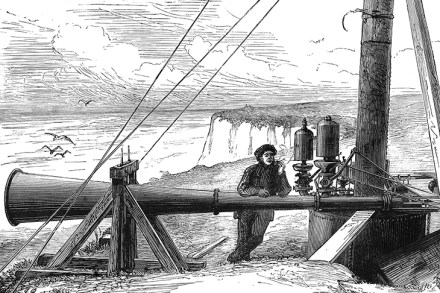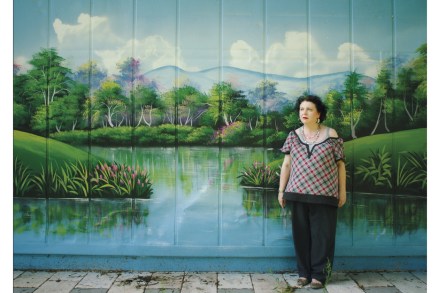The foghorn’s haunting hoot is a sad loss
More from BooksHalfway through what must count as one of the more esoteric quests, Jennifer Lucy Allan finds herself on a hill near Birkenhead, in a cottage which houses the archive of the Association of Lighthouse Keepers. In a small bedroom long since surrendered to the past, she is handed a homemade CD of 90 foghorn recordings






























